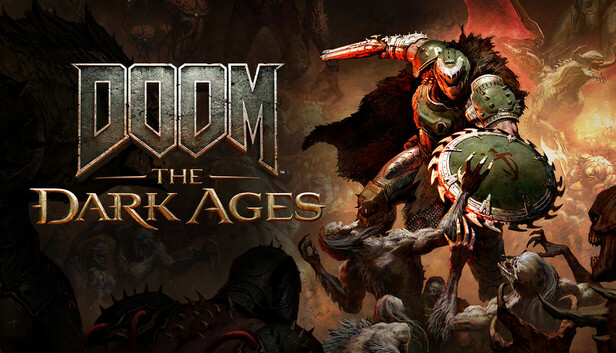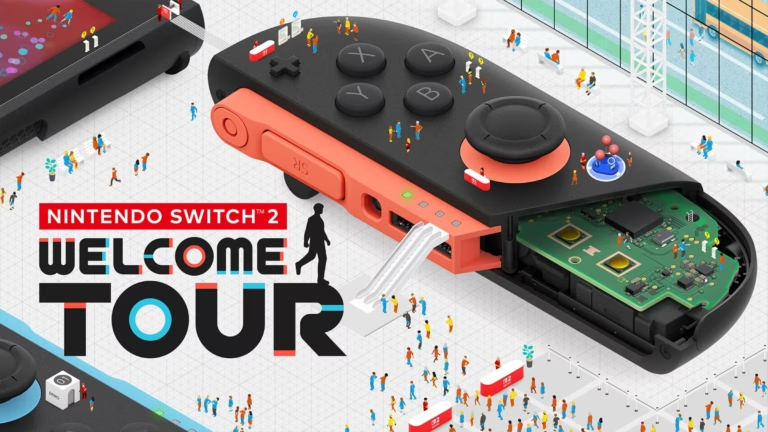Game data not found.
Story
Little Britain: The Video Game is based on the immensely popular British television sketch show Little Britain, created by comedians Matt Lucas and David Walliams. The game, much like the series, is a comedic take on British society, featuring a variety of quirky characters and absurd scenarios. The storyline of the game is not linear in the traditional sense; instead, it comprises a series of mini-games, each centered around a different character or sketch from the television show.
The game transports players into the surreal world of Little Britain, where they can experience the peculiarities and humor that made the show a cultural phenomenon. Each mini-game reflects the character’s unique personality and the comedic situations they find themselves in. From the lazy and unmotivated Andy Pipkin to the ever-enthusiastic yet clueless Vicky Pollard, players engage with the world of Little Britain in a way that is both familiar to fans of the show and entertaining for newcomers.
While there is no overarching narrative, the game captures the essence of the television series by allowing players to participate in the antics of their favorite characters. The episodic nature of the mini-games mirrors the sketch format of the original show, lending an authentic touch to the gameplay experience. For those familiar with the series, the game provides an opportunity to relive classic moments and interact with beloved characters in a new medium.
Gameplay
The gameplay of Little Britain: The Video Game is structured around a collection of mini-games, each designed to represent a particular sketch from the television series. These mini-games vary in style and objective, providing a diverse array of experiences that reflect the eclectic nature of the show.
Mini-Games
- Vicky Pollard: In this mini-game, players navigate through a series of obstacles while attempting to avoid authority figures, all the while showcasing Vicky’s notorious attitude and quick-witted comebacks.
- Andy and Lou: Players assume the role of Andy, who pretends to have limited mobility. The goal is to complete various tasks without Lou, his caretaker, realizing Andy’s deception.
- Emily Howard: This mini-game challenges players to maintain Emily’s facade as “the only lady in the village” by engaging in activities that reinforce her chosen identity.
- Daffyd Thomas: Known as “the only gay in the village,” players help Daffyd navigate social interactions that humorously challenge his self-imposed status.
Each mini-game employs simple controls and mechanics, making the game accessible to a wide audience. The gameplay focuses on humor and character interaction rather than complex challenges, staying true to the comedic roots of the series. However, this simplicity can be a double-edged sword, as some players may find the lack of depth and replayability a downside.
Graphics and Sound
The graphics of Little Britain: The Video Game are a mixed bag, reflecting both the charm and the limitations of the era. The character models are recognizable and capture the exaggerated features of the original cast, but the overall graphical fidelity is somewhat lacking, especially by modern standards. The environments are simple and functional, designed to complement the humor rather than provide immersive detail.
In terms of sound, the game excels in bringing the television show’s comedic essence to life. The voice work is a standout feature, with Matt Lucas and David Walliams reprising their roles and delivering performances that capture the spirit of their characters. The music and sound effects are reminiscent of the show’s quirky, upbeat tone, adding an additional layer of authenticity to the experience.
Legacy and Reception
Upon release, Little Britain: The Video Game received a lukewarm reception from critics and players alike. While the game succeeded in capturing the humor and charm of the television series, it struggled to translate that success into a compelling video game experience. Critics often cited the game’s simplistic mechanics and lack of depth as significant drawbacks, noting that it relied heavily on the player’s familiarity with the source material.
Despite its critical reception, the game holds a place in the hearts of dedicated fans of the series. For those who enjoyed the show, the game offers a nostalgic journey back into the world of Little Britain, providing an interactive experience that complements the comedic sketches they know and love. However, for those unfamiliar with the series, the game’s appeal is limited, as much of its humor and context is deeply rooted in the show’s specific brand of comedy.
In terms of legacy, Little Britain: The Video Game serves as a reminder of the challenges faced when adapting television content into interactive media. It highlights the importance of balancing source material authenticity with engaging gameplay mechanics. While it may not have achieved the critical acclaim of other adaptations, it remains a notable example of how beloved television properties can experiment with new formats.
Conclusion
Little Britain: The Video Game is a unique entry in the realm of television-to-game adaptations. It captures the essence of the original series through its character-driven mini-games and authentic voice performances, providing fans with a chance to engage with their favorite sketches in an interactive format. However, its simplistic gameplay and reliance on the player’s familiarity with the source material limit its appeal to a broader audience.
Despite its shortcomings, the game holds a certain charm for those who cherish the comedic genius of Matt Lucas and David Walliams. As a product of its time, it serves as a nostalgic reminder of the early 2000s British comedy landscape. While it may not have left a significant mark on the gaming industry, it remains a beloved artifact for fans of the series, celebrating the wit and humor that made Little Britain a cultural icon.















